
In today’s fast-paced world, wearable technology like Fitbits has become an integral part of our daily lives. Fitbits, designed to track various aspects of our health and fitness, rely on consistent charging to function optimally. But what happens when you find yourself without your Fitbit charger? Can you charge a Fitbit with a phone charger? Let’s dive into the details.
Understanding Compatibility
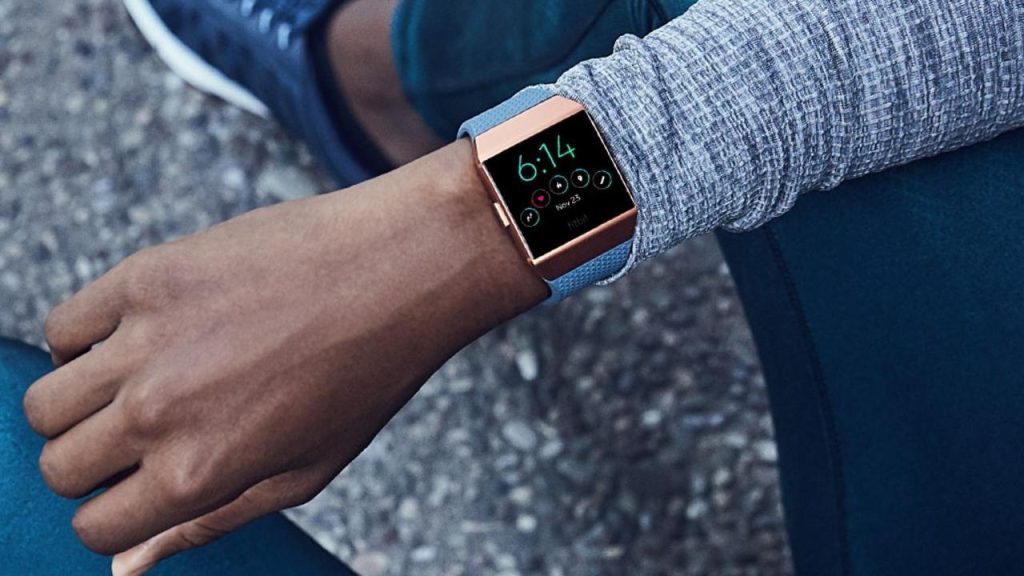
The compatibility of charging a Fitbit with a phone charger largely depends on the Fitbit model and the type of charger you have. While some Fitbit models may support charging with a phone charger, others may not. It’s essential to check the compatibility of your Fitbit model with a phone charger before attempting to charge it.
Potential Risks and Limitations
Although it may seem convenient to charge your Fitbit with a phone charger, there are potential risks and limitations to consider. Using an incompatible charger can damage your Fitbit, void its warranty, or result in slower charging speeds. It’s crucial to weigh these risks before deciding to charge your Fitbit with a phone charger.
RECOMMENDED POST: How to Connect Fitbit to Android: A Comprehensive Guide 2024
How to Charge a Fitbit
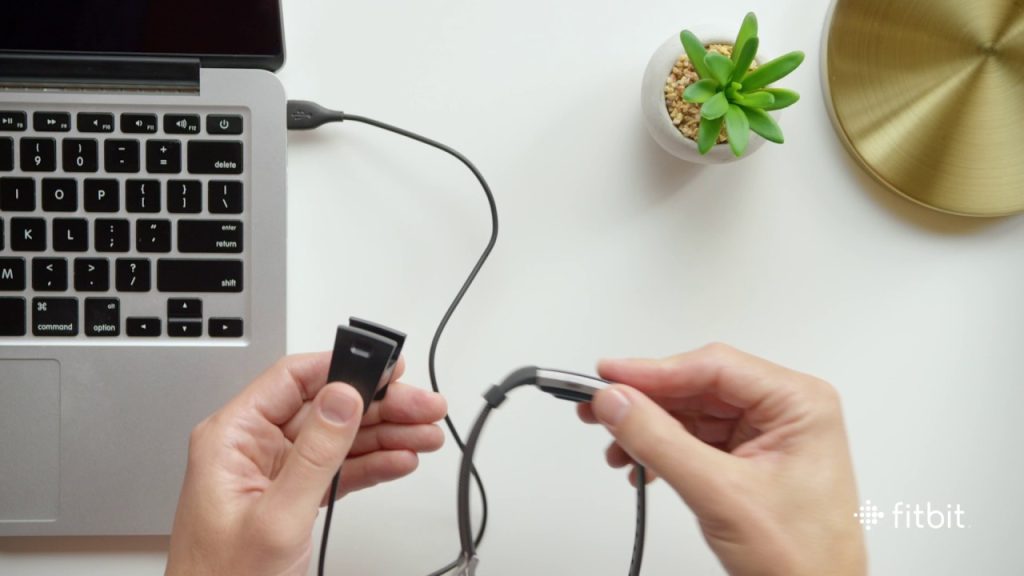
Using a Compatible Charging Cable
The most reliable method to charge your Fitbit is by using a compatible charging cable specifically designed for your Fitbit model. These charging cables are usually provided with the Fitbit upon purchase and ensure safe and efficient charging.
Alternative Charging Methods
If you find yourself without a compatible charging cable, there are alternative charging methods you can try. Some users have reported success in charging their Fitbits using a USB port on a computer or a power bank. However, it’s essential to proceed with caution and ensure compatibility to avoid damaging your device.
Compatible Fitbit Models
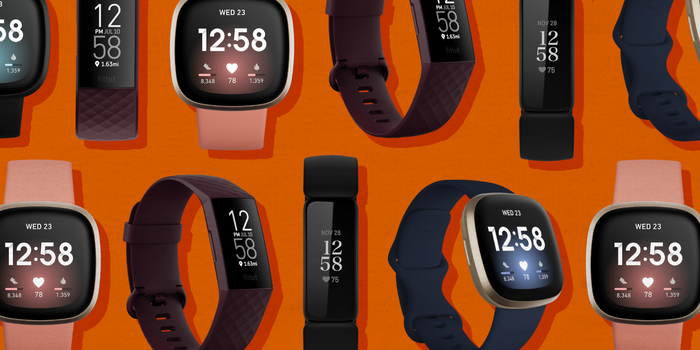
Listing Supported Fitbit Models
Fitbit models vary in terms of charging compatibility. While newer models may support charging with a phone charger, older models may not. Refer to the official Fitbit website or user manual to determine if your Fitbit model is compatible with a phone charger.
Understanding Different Charging Requirements
Each Fitbit model may have different charging requirements, such as voltage and amperage. It’s essential to ensure that the phone charger you intend to use meets these specifications to prevent damage to your Fitbit.
Tips for Efficient Charging
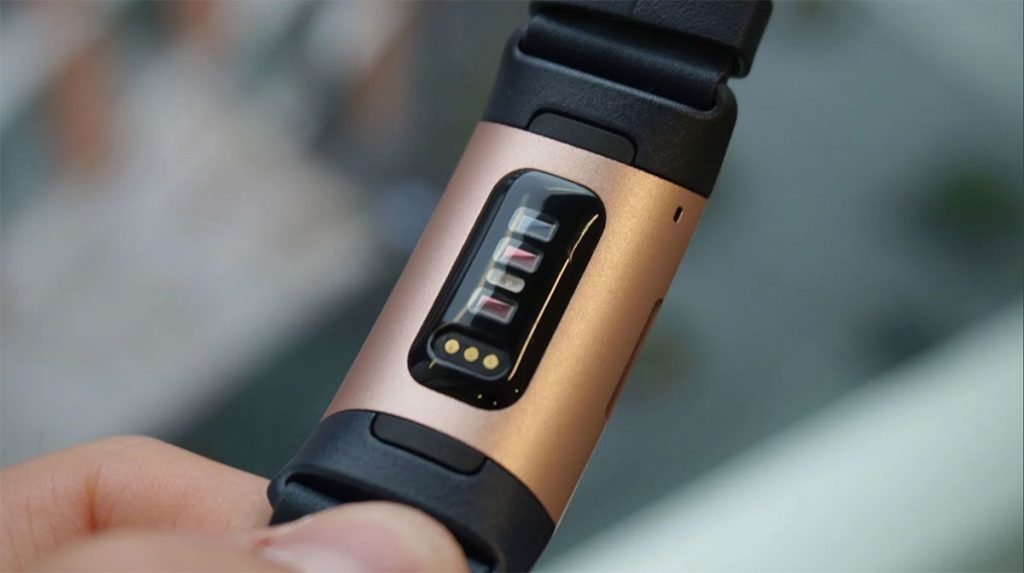
Optimizing Battery Life
To prolong the battery life of your Fitbit, consider implementing strategies to optimize charging efficiency. Avoid letting your Fitbit’s battery drain completely before recharging and refrain from overcharging, as these practices can degrade battery performance over time.
Avoiding Common Charging Mistakes
To ensure efficient charging, avoid common charging mistakes such as using third-party charging cables or chargers not recommended by Fitbit, exposing your Fitbit to extreme temperatures while charging, and using damaged charging cables.
Importance of Regular Charging
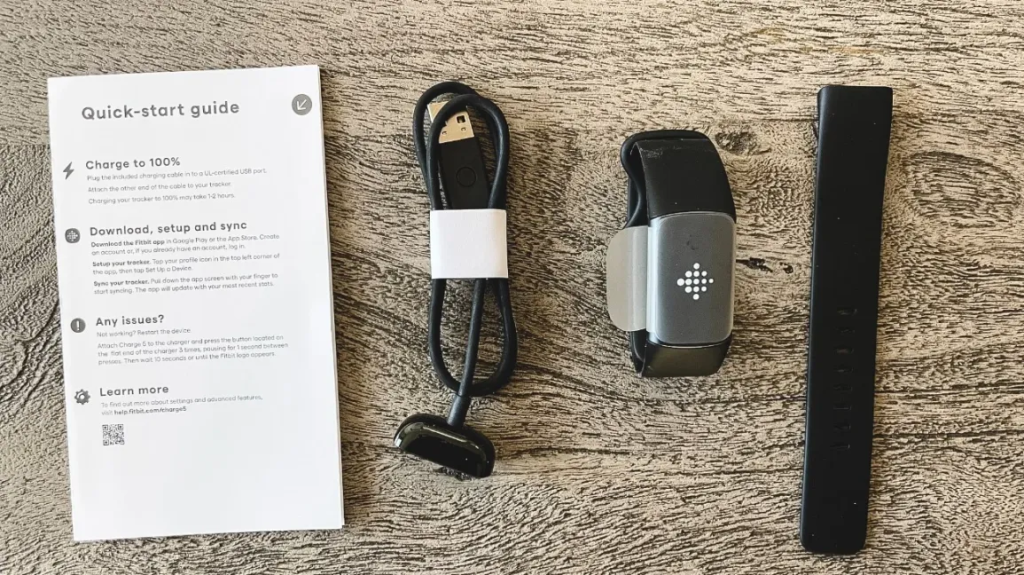
Ensuring Device Functionality
Regular charging is essential to maintain the functionality of your Fitbit and ensure that it accurately tracks your activity, sleep, and other vital metrics. A fully charged Fitbit allows you to make the most of its features without interruption.
Maximizing Performance
A well-charged Fitbit performs optimally, providing you with accurate and timely data to help you achieve your health and fitness goals. By prioritizing regular charging, you can maximize the performance and longevity of your Fitbit device.
Troubleshooting Charging Issues
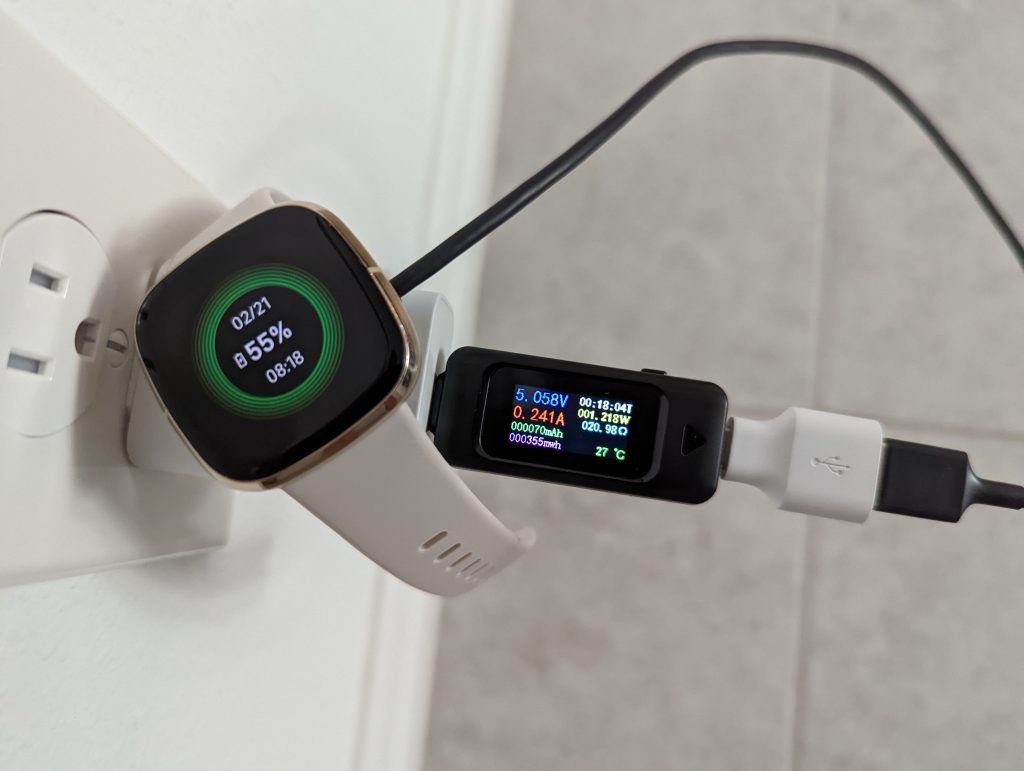
Identifying Common Problems
If you encounter charging issues with your Fitbit, such as slow charging, failure to charge, or overheating during charging, there are several common problems to consider. These may include a faulty charging cable, debris or dirt blocking the charging ports, or software glitches.
Solutions and Fixes
To troubleshoot charging issues, try using a different charging cable or cleaning the charging ports with a soft, dry cloth. Additionally, restarting your Fitbit or performing a factory reset may resolve software-related charging issues. If problems persist, contact Fitbit customer support for further assistance.
SUGGESTED POST: Fixing Dell Laptop Keys Not Working: Troubleshooting Guide
Conclusion
In conclusion, while charging a Fitbit with a phone charger may seem convenient, it’s essential to prioritize compatibility and safety. By following the tips and guidelines outlined in this article, you can ensure efficient charging and optimal performance of your Fitbit device. Remember to consult the official Fitbit website or user manual for specific charging instructions tailored to your Fitbit model.
FAQs About Fitbit Issues
Can I use any USB charger to charge my Fitbit?
It’s recommended to use certified chargers provided by Fitbit or reputable third-party manufacturers to avoid compatibility issues and ensure safe charging.
Will using a phone charger void my Fitbit warranty?
Fitbit’s warranty may be voided if the device is damaged due to the use of incompatible chargers. It’s advisable to refer to the warranty terms and conditions for clarification.
How long does it take to charge a Fitbit device fully?
Charging times vary depending on the Fitbit model and the charger’s output specifications. On average, it takes approximately 1-2 hours to fully charge a Fitbit device.
Can I charge my Fitbit with a power bank?
Yes, you can use a power bank to charge your Fitbit device, provided that the power bank’s output specifications are compatible with the device’s charging requirements.
What should I do if my Fitbit isn’t charging properly?
If you’re experiencing issues with charging your Fitbit device, try using a different charger or USB port. If the problem persists, contact Fitbit customer support for assistance.





